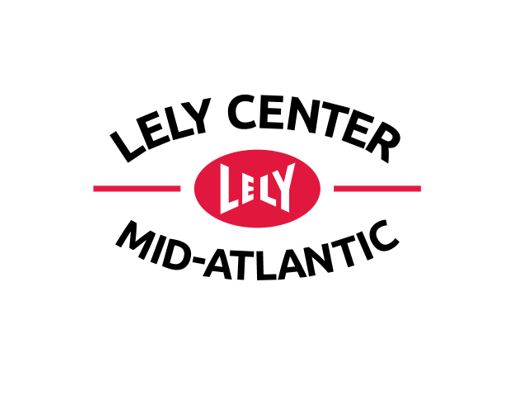

Last month, I had the pleasure of meeting Joey and Tom from the Netherlands. Joey’s family put in three Astronaut A4 robots and one Vector with a feed kitchen two and half years ago. We were connected through Lely International, after they reached out with interest in seeing some Lely farms in the U.S. while road tripping from New York City to Nashville.
We traveled to two Lely Center Mid-Atlantic farms that are almost completely opposite of each other. The first was a new build with five A3 robots that have been milking for seven years and the second was a retrofit barn with two A4s that have been milking for three months. On our first visit, our farmer got to share some insight and knowledge of things that he has experienced throughout the years. On our second visit, Joey was able to share his experiences through start-up and the learning curve that occurs in the first year of milking with robots to our newer Lely farmers. The underlying theme for the day was that each farmer was truly happy with their decision to switch to Lely automation and wished they had started sooner!
I thoroughly enjoyed the conversations we had at each farm and the opportunity we got to learn from one another. I was most surprised that 30% of the cows in the Netherlands are milked with robots. In comparison, fewer than 5% of cows are milked with robots in the United States. I was also intrigued by how farms in the Netherlands manage with a manure quota and strict antibiotic protocols. For example, any task which requires tissue removal (dehorning, castration, etc.) must be done by a vet or with veterinary supervision. Our farmers were really interested in how the Netherlands had managed to decrease their antibiotic use so significantly in the past three years. (Since 1999, the Dutch have decreased their agricultural antibiotic use by 64%). Joey, who is finishing up his veterinary degree, said that the first step was intensely managing the cow’s environment. This entails keep stalls clean, dry, and manure-free. Using footbaths and proper hoof trimming management also made the list. He said that in the Netherlands, it is a widespread practice to selectively dry-treat high somatic cell cows and only use a teat sealant on lower risk cows. Overall, it was a great learning experience for all parties involved.
In 1948, Cornelis and Arij van der Lely founded Lely International and made it their mission to work toward a sustainable, profitable, and enjoyable future in farming. I can’t say whether they pictured Lely farmers making international trips where they are able to discuss the equipment with other users; however, I can tell you with certainty that they successfully achieved an enjoyable future in farming as demonstrated by the resulting Lely community which made our visit possible.
A big thank you to Joey and Tom and to our Lely farms for hosting us. We hope to meet with Joey and Tom again in the future- maybe next time it will be in the Netherlands!
